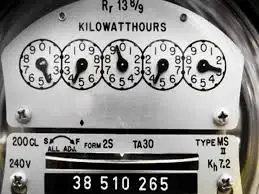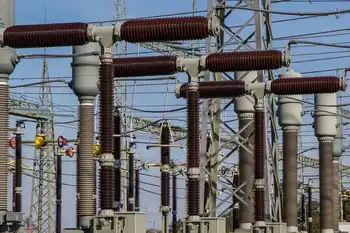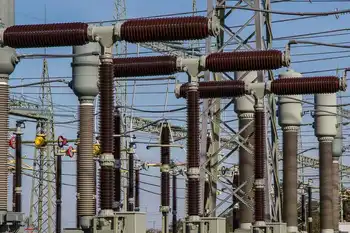PUC staff recalculates penalty in alleged market manipulation
TEXAS - Public Utility Commission staff cut the amount of the penalty they say TXU Corp. should pay for allegedly manipulating the wholesale power market.
The staff said in a filing that it recalculated the penalty after discovering a "variance in the computer code" and now recommends a $171 million penalty, down from the original recommendation of $210 million. The new amount would still represent the highest penalty ever assessed by the commission.
Commissioners are scheduled to hear the case in April, when they will decide whether TXU is guilty of market manipulation and, if so, how much to fine the Dallas power company. TXU spokeswoman Lisa Singleton said the company "vigorously denies" any wrongdoing.
Late last year, PUC staff accused TXU of refusing to sell power into the Texas grid on several occasions in summer 2005 in order to drive up prices.
The staff wrote in the revised notice of violation sent to TXU that lowering the recommended penalty doesn't change the issues in the case. Danielle Jaussaud, the PUC's director of market analysis, described the accusations in a recent filing: "TXU had the ability to substantially increase balancing energy prices because its energy offers were necessary to satisfy the demand in the... market; and... TXU abused its position by offering its energy into the market at prices well in excess of i s marginal cost."
The accusations stem from a report prepared last year by an outside consultant hired to monitor the Texas power market.
The consultant, Potomac Economics, crunched market-pricing data and concluded TXU had the ability and the opportunity to manipulate markets on various occasions during the summer of 2005. The report led PUC to hire the consultant to investigate TXU's market behavior, and Potomac found that TXU had manipulated the wholesale power market.
However, Potomac said in its revised report last week, it failed to update some natural gas pricing data during the investigation. After Potomac changed the data, the PUC staff recalculated its recommended penalty.
Related News

Opinion: With deregulated electricity, no need to subsidize nuclear power
PITTSBURG - For decades, the government regulation of Pennsylvania's electricity markets dictated all aspects of power generation resources in the state, thus restricting market-driven prices for consumers and hindering new power plant development and investment.
Deregulation has enabled competitive markets to drive energy prices downward, which has transformed Pennsylvania from a higher-electricity-cost state to one with prices below the national average.
Recently, the economic advantage of abundant low-cost natural gas has spurred an influx of billions of dollars of private capital investment and thousands of jobs to construct environmentally responsible natural gas power generation facilities throughout the commonwealth — including our three…




